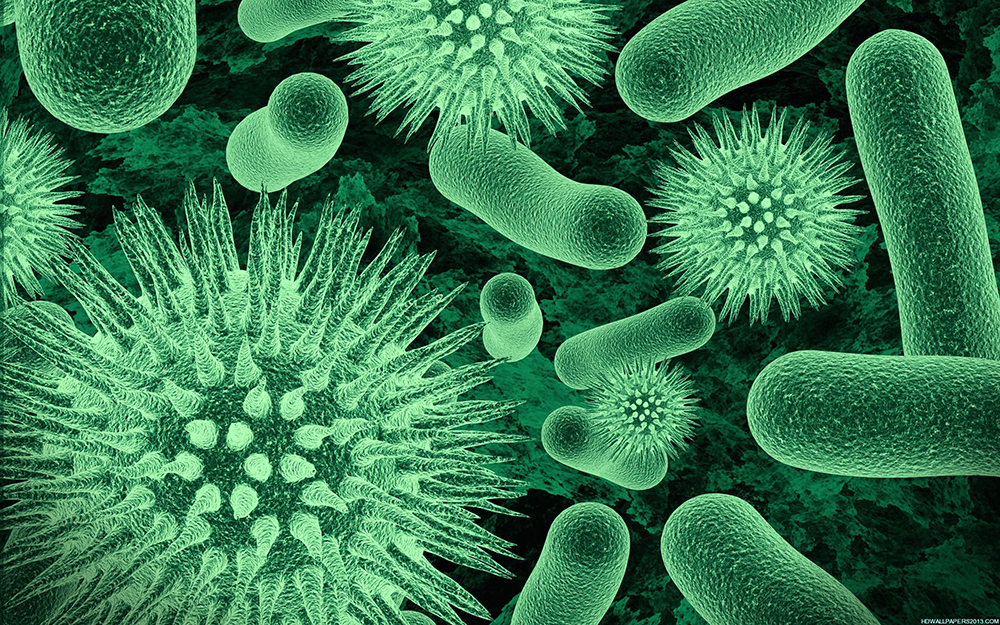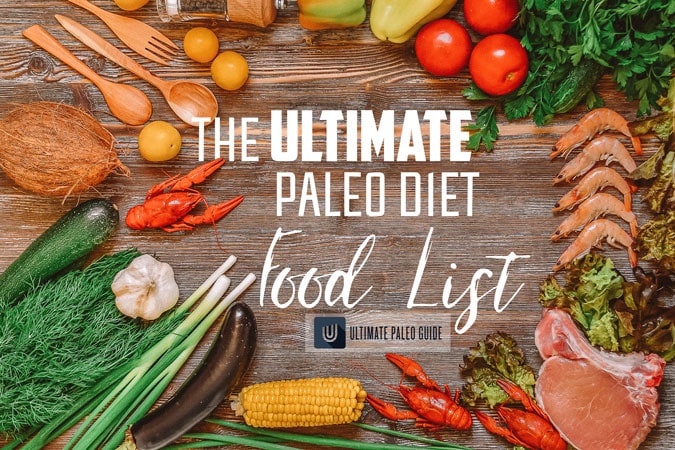
It is important to eat right and exercise regularly if you want to lower your blood pressure. Women are more susceptible to high blood pressure than men, and are more likely if they are born before 55. Smoking, excess sodium, potassium and poor lifestyle choices can increase your risk of high BP. You'll be healthier long-term if you avoid these unhealthy behaviors.
When it comes to healthy eating, there are a few simple things you can do to improve your health and decrease your risk for hypertension. The first thing you should do is to eliminate salt from the diet. Too much salt can cause high blood pressure. This is because it increases fluid volume in the arteries. Even though you don’t have to reduce salt in your diet, you can limit the amount of salt you consume and eliminate processed and fast food high in salt.

Weight loss is another easy way to reduce high blood pressure. Losing weight is a good idea if you are obese. You don't need to gain more weight if you are just slightly overweight. However, even if you lose 10 pounds, it can help to prevent hypertension. It's essential to keep your weight within a healthy range, as being obese or overweight increases the risk for high blood pressure.
You can lower your blood pressure by eating a low-sodium diet. To maintain your blood pressure under control, a diet rich in fruits and vegetables is a must. Ideal is a balanced diet with minimal saturated fat, sugar, or other additives. Studies have shown that a low-sodium diet can reduce blood pressure. In addition to a low-salt diet, you should also limit your alcohol consumption. For men, one alcoholic drink per day is sufficient. Two drinks per day for women will have an impact on their blood pressure.
Although hypertension cannot be prevented, it can be prevented. It is best to eat a healthy diet that is low in sodium. Exercising regularly will help strengthen your heart and reduce the stress on your arteries. Because it is important to maintain a healthy body weight, losing weight will also lower your blood pressure. It's a smart idea to reduce the amount of salt that you eat if you are overweight.

High blood pressure can be easily acquired without the need for medical treatment. It is crucial to maintain a healthy blood pressure. A high blood pressure reading should be taken seriously. To be diagnosed with hypertension, you need to visit your doctor immediately. The American Heart Association defines high-blood-pressure as 120/80. Hypertension can be prevented by maintaining a healthy blood pressure reading. You can find the cause and cure for hypertension by having your condition checked regularly.
FAQ
What are the 10 most delicious foods?
The 10 best foods to eat include:
-
Avocados
-
Berries
-
Broccoli
-
Cauliflower
-
Eggs
-
Fish
-
Grains
-
Nuts
-
Oats
-
Salmon
What is the working principle of an antibiotic?
Antibiotics kill harmful bacteria. Antibiotics can be used to treat bacterial infection. There are many types and brands of antibiotics. Some are administered topically, while others can be taken orally.
People who have been infected with certain germs may need antibiotics. For example, if someone has had chicken pox, he or she might take an oral antibiotic to prevent shingles later on. A penicillin injection might be given to prevent pneumonia in someone who has had strep.
When antibiotics are given to children, they should be given by a doctor. Children are more likely to experience side effects than adults from antibiotics.
Diarrhea is the most common side effect from antibiotics. Other possible side effects include stomach cramps, nausea, vomiting, allergic reactions, headaches, dizziness, and rashes. These symptoms usually go away after treatment ends.
Do I need to count calories?
Perhaps you are wondering what the best diet is for you. or "is counting calories necessary?" The answer to this question depends on many factors, including your current health, your personal goals and preferences, as well as your overall lifestyle.
The Best Diet for Me - Which One is Right For You?
The best diet for me depends on my current health status, my personal goals, my preferences, and my overall lifestyle. There are many different diets, some good and some not so good. Some diets work well for some people and others do not. What should I do? How can I make the right choice?
These are the questions this article will answer. The article starts by introducing the many types of diets currently available. Then we will discuss the pros & cons of each kind of diet. The final step is to determine which one is right for you.
Let's first take a look at different diets.
Diet Types
There are three main types, low fat, high protein, or ketogenic diets. Let's discuss them briefly below.
Low Fat Diets
A low-fat diet restricts fat intake. This is achieved through reducing intakes of saturated fats (butter and cream cheese, for example). and replacing them with unsaturated fats (olive oil, avocados, etc.). People who are looking to lose weight quickly and easily will benefit from a low-fat diet. This type of diet can lead to constipation and heartburn as well as indigestion. If a person doesn’t receive enough vitamins from their foods, this can lead to vitamin deficiency.
High Protein Diets
High protein diets discourage carbohydrates and encourage the use of proteins. These diets often have higher levels of protein than most other diets. These diets are meant to increase muscle mass, and burn more calories. Unfortunately, they can't provide adequate nutrition for those who eat regularly. They are also very restrictive, so they might not be appropriate for everyone.
Ketogenic Diets
Also known as keto diets, ketogenic diets are also called keto diets. They are high-fat and low in carbs and protein. They are commonly used by athletes and bodybuilders, as they allow them train harder and more frequently without getting tired. They do require strict compliance to avoid any side effects like fatigue, headaches, nausea, and headaches.
How often should you exercise?
A healthy lifestyle requires regular exercise. There is no set time limit for exercising. The key is finding something you enjoy and stick with it.
When you exercise three times per week, aim for 20-30 minutes moderate intensity. Moderate intensity means that you will still be working hard even after your workout is over. This type works out burns around 300 calories.
Walking is a great option if you are a keen walker. You can do 10-minute walks four days per week. Walking is low impact and easy on your joints.
You can also run for 15 minutes, three times per week. Running is an excellent way to lose weight and tone your muscles.
Start slowly if you aren't used to doing exercise. Start by doing 5 minutes of cardio each day, a few times per week. Gradually increase the amount of cardio you do until you reach your goal.
Take herbs and other supplements to improve your immunity
It is possible to boost immune function by using herbs and natural remedies. Some common examples include garlic, ginger, oregano oil, echinacea, ginkgo biloba, and vitamin C.
These herbal remedies should not be used in place of conventional medical treatment. Side effects may include nausea, diarrhea, stomach cramps (dizziness), headaches, dizziness and stomach cramps.
Statistics
- According to the Physical Activity Guidelines for Americans, we should strive for at least 150 minutes of moderate intensity activity each week (54Trusted Source Smoking, harmful use of drugs, and alcohol abuse can all seriously negatively affect your health. (healthline.com)
- WHO recommends consuming less than 5% of total energy intake for additional health benefits. (who.int)
- The Dietary Guidelines for Americans recommend keeping added sugar intake below 10% of your daily calorie intake, while the World Health Organization recommends slashing added sugars to 5% or less of your daily calories for optimal health (59Trusted (healthline.com)
- Extra virgin olive oil may benefit heart health, as people who consume it have a lower risk for dying from heart attacks and strokes according to some evidence (57Trusted Source (healthline.com)
External Links
How To
What does the term "vitamins" mean?
Vitamins are organic compounds that can be found in foods. Vitamins aid us in absorbing nutrients from the food we eat. Vitamins are not made by the body, so they must be obtained through food.
There are two types vitamins: water soluble or fat soluble. Water soluble vitamins dissolve easily in water. These include vitamin C (thiamine), Vitamin B1 (riboflavin), Vitamin B2 (riboflavin), Vitamin B3 (niacin), Vitamin B6 (pyridoxine), Vitamin C, B1 (thiamine), Vitamin B2 (riboflavin), Vitamin B3 (niacin), and Vitamin B6 (pyridoxine). Fat soluble vitamins are stored in the liver and fatty tissue. These include vitamin D, E and K, as well as beta carotene.
Vitamins are classified according their biological activity. There are eight major groups of vitamins:
-
A – Essential for normal growth, and the maintenance of good health.
-
C - essential for nerve function and energy generation.
-
D – Essential for healthy teeth, bones and joints
-
E - Required for good vision & reproduction
-
K - Essential for healthy muscles and nerves.
-
P - Vital for strong bones and teeth.
-
Q - aids digestion, absorption and absorption iron
-
R - necessary for making red blood cells.
The recommended daily intake (RDA), of vitamins varies with age, gender and physical condition. RDA values are set by the U.S. Food and Drug Administration (FDA).
For adults aged 19 and older, the RDA for vitamin B is 400 micrograms daily. Pregnant women require 600 micrograms daily to support fetal development. Children ages 1-8 require 900 micrograms per day. Infants below one year old require 700mg per day. But, between 9 months to 12 months, the amount drops to 500mg per day.
Children aged between 1-18 years require 800 micrograms of sugar per day, while overweight children need 1000 micrograms. Children who are underweight receive 1200 micrograms every day to meet their nutritional requirements.
Children 4-8 years old who have anemia must consume 2200 micrograms of Vitamin C daily.
2000 micrograms is the minimum daily intake for adults over 50 years old to maintain good health. Mothers who are pregnant, nursing, or have a high nutrient need will require 3000 micrograms a day.
1500 micrograms is the recommended daily intake for adults aged 70+, who lose approximately 10% of muscle each year.
Women who are pregnant or lactating need more than the RDA. Pregnant woman need 4000 micrograms daily in pregnancy, and 2500 per day after childbirth. Breastfeeding mothers need 5000 mg per day when breastmilk is being produced.